Luxury in the shadows: The allure of underground travel experiences
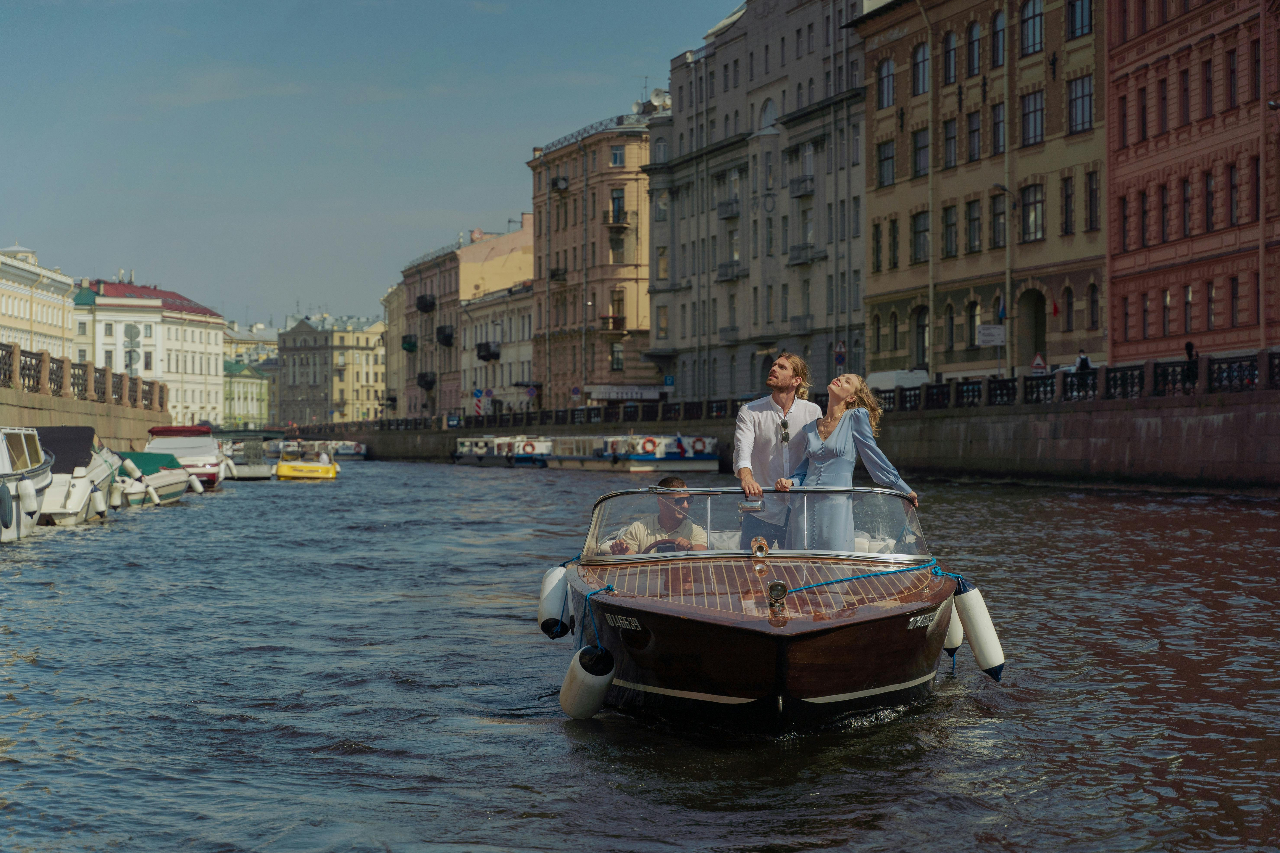
There’s a certain thrill in finding what wasn’t meant to be found. Behind unmarked doors, down dim staircases, or past an indifferent shopfront, whole worlds unfold. Private dinners in closed kitchens, hidden jazz basements, and abandoned churches repurposed as nightclubs. These spaces offer more than novelty. They offer silence from the algorithm.
Travel today often looks like a performance. Destinations are filtered, geotagged, and monetised. Lists of “must-sees” circulate endlessly, reducing cities to background sets for selfies. In contrast, underground experiences reward patience and discretion. No signs, no hashtags, just word-of-mouth and a willingness to go off-script.
Privacy is part of the attraction. So is the sense of control. Some travellers avoid the digital paper trail altogether, opting for crypto-only bookings and anonymous check-ins. The same logic drives the rise of no KYC online casinos, gaming platforms that instead of the typical ID checks focus on speed and anonymity. These platforms operate on cryptocurrency, letting players free of registration hurdles while still providing a gaming experience. They are part of a broader towards self-managed experiences.
Underground doesn’t always mean illegal. Many of these experiences are completely above board. They’re just not advertised. Supper clubs in Berlin operate through encrypted email lists. Private cocktail rooms in Tokyo ask guests to ring a bell behind a vending machine. In London, disused tunnels below Clapham house everything from theatre productions to immersive escape games. The line between travel and theatre blurs.
The appeal of these experiences isn’t just secrecy, it’s texture. People want spaces that feel real, not staged. In Lisbon, local collectives run fado nights with no programme and no bar menu, where the expectation is to listen, not scroll. In Montreal, underground art shows emerge in lofts lacking air conditioning and minimal lighting, leaving no room for influencers. Attendance is binary; one is either present or absent.
This is travel that resists noise. Not loud, not revolutionary, but quiet. A shift away from packaged experiences and towards something less curated, less exposed. As digital fatigue grows and surveillance becomes routine, some travellers are choosing paths that leave fewer traces. Anonymity is no longer just a niche preference. For some, it’s part of how they define freedom.
Of course, the underground isn’t always accessible. It favours those with time, local contacts, and a certain cultural fluency. It’s not inclusive by design. This exclusivity has been criticised, and rightly so. Yet it’s also part of its draw. Unlike mass tourism, these experiences don’t scale. They resist replication.
There’s also risk. Not everything hidden is safe. Not everything private is ethical. Travellers seeking the “real” version of a place must ask what that even means. A hidden club run by expats might feel edgy, but it could just be another colonial echo. A so-called secret beach could be under environmental strain from repeat visits. The line between authentic and extractive is thin.
Still, the hunger for secrecy persists. It shows up in city guides that whisper instead of shout. It powers Telegram groups that share pin drops and passwords. It’s there in the appeal of single-table restaurants, pay-what-you-want performances, and sound baths held at 3 am in rented warehouses. It’s not about money. It’s about meaning.
Even luxury has moved underground. High-end brands now host invite-only previews in private flats. Art sales happen at dinners where phones are banned. What used to be rare is now secret. Scarcity is no longer enough, now it must be hidden.
For many, the shift is less about nostalgia and more about control. In a world that tracks one’s location, stores their spending history, and tailors their search results, the opportunity to move anonymously, to eat, drink, or play without leaving a trace, is perceived as a luxury.
In the end, what draws people to the underground isn’t just the experience. It’s the silence. No buzz. No notifications. Just a moment that can’t be Googled.
The editorial unit

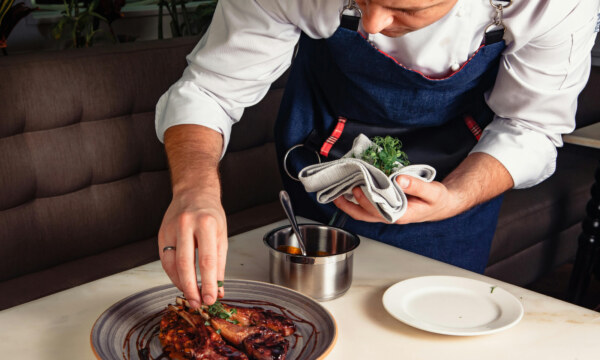



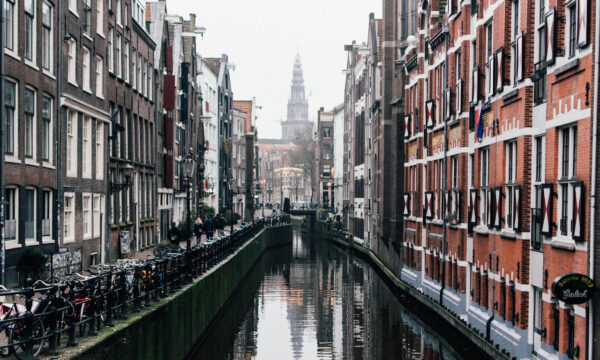


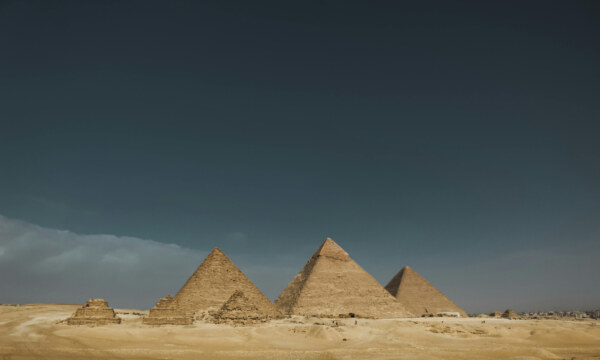
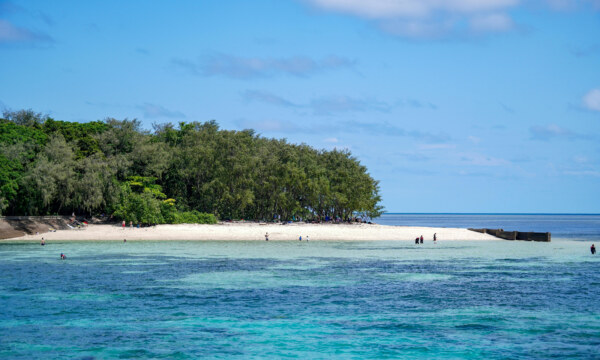


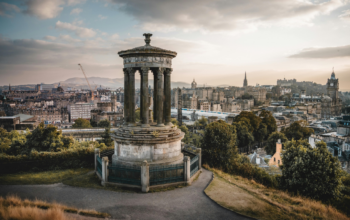




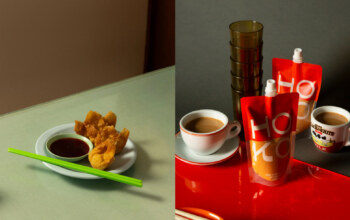

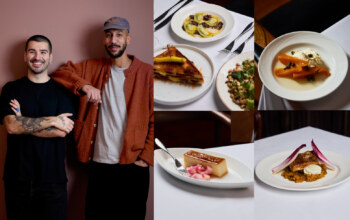





Facebook
Twitter
Instagram
YouTube
RSS